How we're helping Ocean Habitats
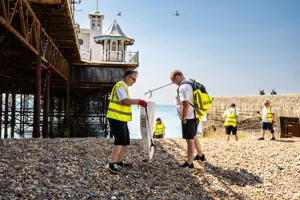
Beach Cleans
We champion the need for plastic-free oceans and organizing the world’s largest 24 hour Beach Clean is one of the ways we look after our seas and shorelines.
Hundreds of volunteers take part in our annual Global Beach Clean, removing 1000s of kg from the world's beaches every year. We're proud of the work we do towards our vision of a planet where oceans are healthy, properly protected and full diverse of life.
Find out more
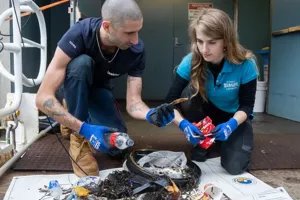
Seabin in Sydney Harbour
SEA LIFE Sydney hosts a Seabin™ onsite helping to remove waste straight from the harbour. A Seabin works by skimming the surface and sucking in water to remove plastics, microplastics, fuel oil and other harmful contaminants.
In their second year of a three-year sponsorship with Seabin™, we are proud to share the following achievements as of August 2024:
- Water Filtered: 391 million litres, equivalent to 156.22 swimming pools.
- Marine Litter Captured: 1.87 tonnes
- Estimated Plastic Items Captured: 958,618
- Estimated Microplastics Captured: 591,313
Find out more
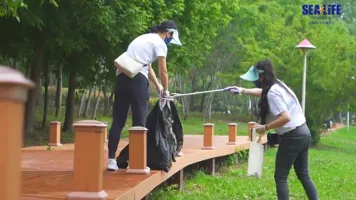
Clean Up with SEA LIFE Shenyang
Every year on World Ocean Day, hundreds of people participate in the SEA LIFE Trust Global beach clean to fight the wave of pollution! We are so proud of how many clean up events took place around the world!
Check out some of our fave snaps from the day in SEA LIFE Shenyang.
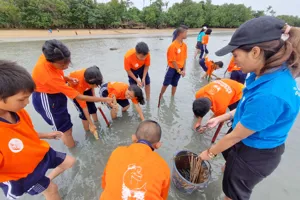
Project Seagong
Working with Nature Mind-Ed we aimed to deliver a community-based Seagrass & Dugong conservation initiative in the Andaman region of Southern Thailand. Together, we helped to conduct ecological research and monitoring of the local seagrass meadows, champion sustainable resource management and develop programmes to enable nature connection and ocean conservation. We have spent over 160 hours assisting the project including removing 500kg of litter and creating on and off-site displays to promote better education and foster stewardship of this vulnerable habitat.
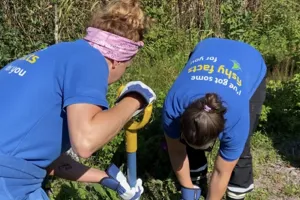
Invasive Species Removal
In the Helsinki, Finland we work to remove invasive plants, such as beach rose (Rosa rugosa) and Himalayan balsam (Impatiens glandulifera) or alder trees (Alnus glutinosa) in Great Yarmouth, UK, which are reducing our native biodiversity and impacting our freshwater and marine ecosystems
Fun facts about ocean habitats
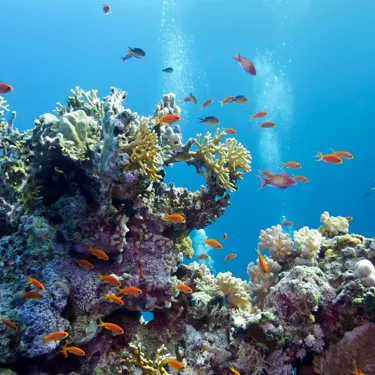
Coral reefs are underwater cities!
Coral reefs are home to over 25% of all ocean species, even though they cover less than 1% of the ocean!
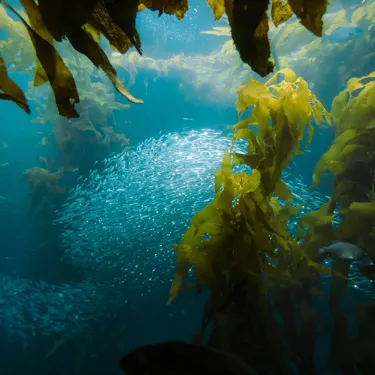
Kelp Forests Grow Taller Than Skyscrapers
Kelp can grow up to 60 cm (2 feet) in a single day, creating towering forests under the sea!
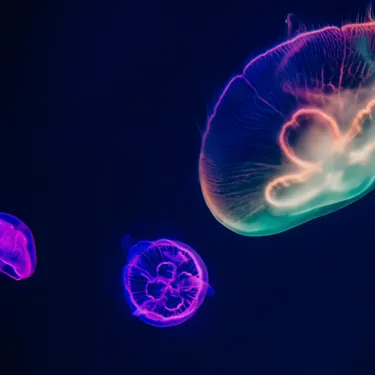
The Deep Sea Glows in the Dark
About 76% of deep-sea creatures use bioluminescence to glow in the dark
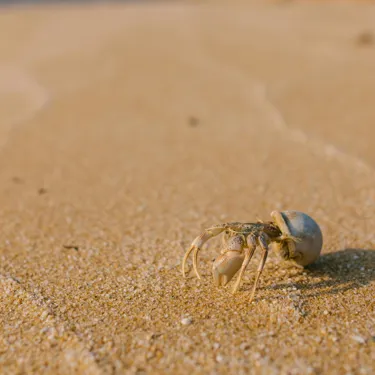
Beaches are homes too
Beaches are home to creatures like crabs and turtles, and over 90% of sea turtles lay their eggs on sandy shores!
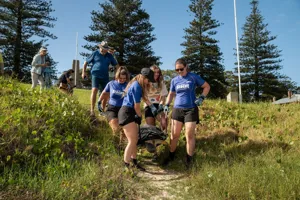
Our latest news
Dive in and discover our latest news, stories and fun facts from all around the globe!
Dive in